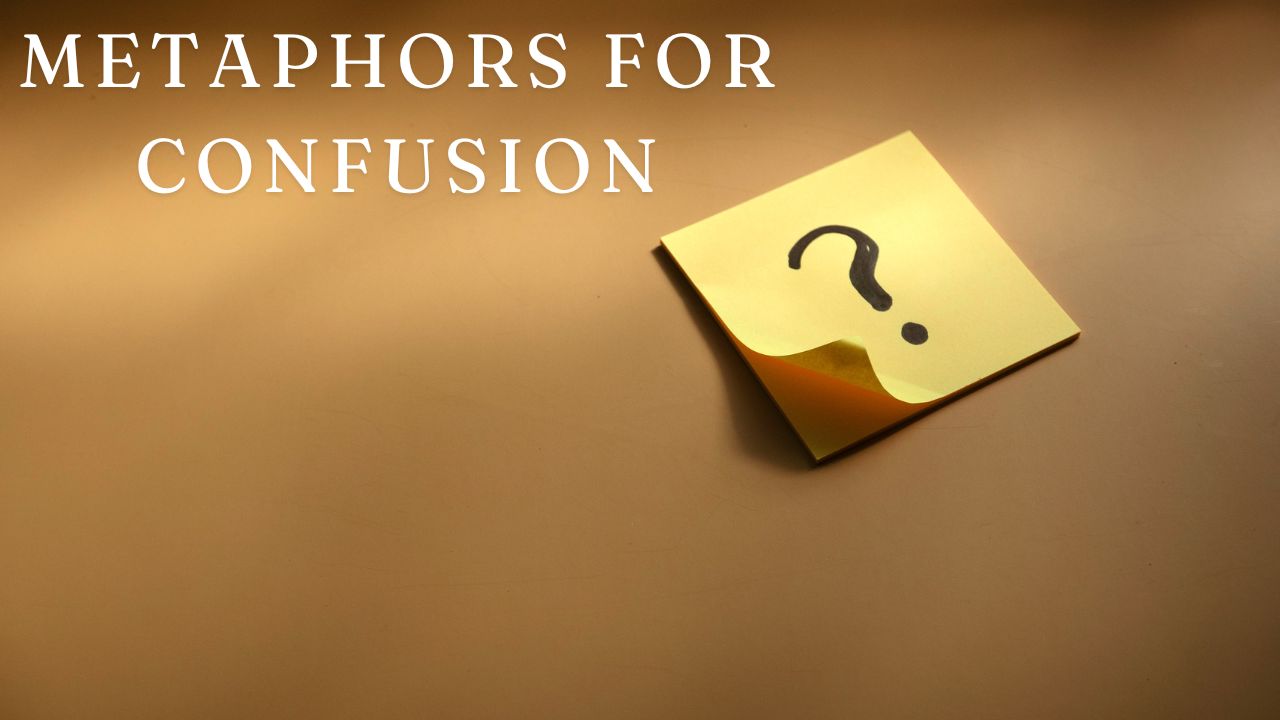Detective abbreviations like “Det.” and “DES” are key in law enforcement, reflecting the profession’s history and structure.
This article explores their origins, usage, and significance, highlighting how these shorthand terms are used in both professional settings and popular culture.
Detective Abbreviations & The Role of Private Agents
In a world where every word holds weight and precision is key, abbreviations for detectives offer a glimpse into the linguistic evolution of one of society’s most intriguing professions. Over the years, detectives have captivated audiences on screens globally, embodying a blend of mystery and intellect that fascinates viewers.
But have you ever wondered how the title of “detective” is shortened in professional circles? This article delves into various detective abbreviations, exploring their historical roots, practical usage, and the nuances they convey. Get ready to uncover the unique codes detectives rely on in their daily work, offering insight into the language of this iconic occupation.
Detective Abbreviations: A Brief Overview
Wondering how to abbreviate the term “detective”? The shorthand varies by region, reflecting linguistic diversity. In American English, “Det.” is commonly used, whereas in parts of Latin America, abbreviations like “Detec.” or simply “D” are more prevalent.
These variations honor cultural distinctions within language, preserving the essence of the title as it appears in official documents and reports.
Pronunciation Guide for Detective Abbreviation
The commonly used abbreviation for “detective” is “Det.” It’s pronounced simply as “det,” with emphasis on the first syllable, mirroring the full word “detective.”
The True Meaning of a Detective’s Role
A detective is someone who investigates and resolves crimes, using their intellect and expertise to uncover the truth behind complex cases and hidden circumstances. While popular culture may depict detectives as mysterious figures with magnifying glasses, in reality, they are determined and analytical individuals. These professionals persist in solving numerous cases, often standing as heroes within their stories.
Detectives dig deep into the heart of mysteries, meticulously gathering evidence to reveal a clear and comprehensive view of each case. Their role is not merely a job title but a dedication to seeking truth and securing justice for victims in criminal cases.
Alternative Words for Detective
Here are some popular synonyms for the term “detective”:
- Investigator
- Sleuth
- Inspector
- Gumshoe
- Private eye
- Agent
- Sherlock
The Evolution of the Detective Profession
The concept of a detective, as we recognize it today, traces its roots back to ancient civilizations like Egypt and Greece. In these early societies, officials referred to as “investigators” were responsible for solving crimes and uncovering the truth. However, the modern image of the detective began to take shape in 19th-century Britain.
This era saw figures like Eugene Vidocq from France and the Bow Street Runners in London, who laid the groundwork for the modern private investigator. Vidocq, a former criminal turned detective, established the world’s first detective agency and pioneered investigative techniques such as undercover operations and criminal record systems, which became standard practices in detective work worldwide.
Appropriate Use of the Abbreviation
The abbreviation “Det.” is commonly employed to refer to a detective, particularly in contexts related to investigations and detective work. In written communication, using “Det.” proves to be both efficient and space-saving, making it ideal for reports, procedural documents, and various forms of literature, where brevity is often preferred.
This shorthand maintains clarity and readability, making it well-suited for both professional and creative environments. Whether in official police report forms or the titles of detective novels, “Det.” effectively evokes associations with mystery and investigation in the minds of readers and audiences.
Example Sentences with the Full Word
Full Word
- The seasoned “detective” carefully examined the crime scene, uncovering several crucial clues.
- From a young age, she dreamed of becoming a “detective” after solving her first mystery as a child.
- The writer’s aspiration to take on the role of a “detective” was fitting, as keen observation is a vital skill in law enforcement.
- After graduating from the prestigious Institute of Criminal Justice, he immediately began his career as a “detective” dedicated to fighting crime.
Full Word
- “Det.” Martinez, known for her expertise in solving cold cases, was assigned to handle the high-profile investigation.
- “Det.” Thompson, recognized for his interrogation skills, gained notoriety for his aggressive methods in extracting information from suspects.
- In the novel, the retired “det.” was drawn back into the world of investigations when an old case was reopened.
- The TV series followed a camera-shy “det.” as they battled against corruption within the police force.
Frequently Asked Questions
The abbreviation “DES” has been in use for many years and has solidified its place in law enforcement terminology worldwide.
While “DES” may stand for Data Encryption Standard in certain technical or administrative fields, in the context of law enforcement, it is primarily used to refer to “Detective.”
Unlike abbreviations such as “DI” (Detective Inspector) or “DC” (Detective Constable), “DES” typically indicates a more senior rank or a specialized role within detective work.
Conclusion
In conclusion, detective abbreviations like “Det.” and “DES” play a crucial role in law enforcement and popular culture, offering efficiency while reflecting the profession’s history and structure. These shorthand terms continue to shape how detectives are recognized in various contexts.







